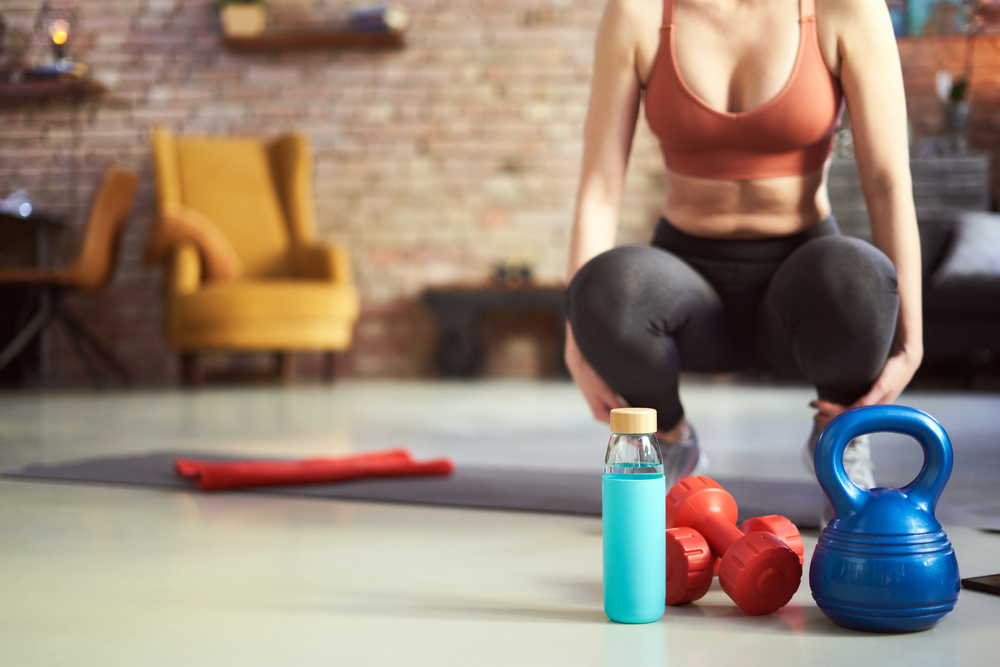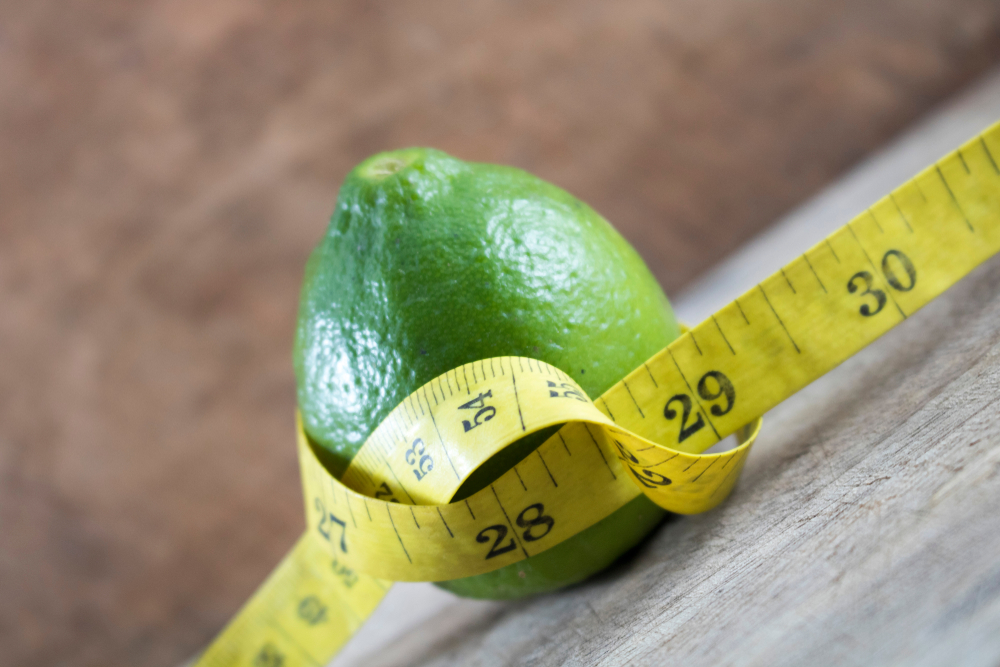Confused by the myths surrounding performance nutrition? Thomas Robson-Kanu, founder of The Turmeric Co., is here to bust myths and spread the truth…
The world of performance nutrition is a confusing one. Every day, a brand new groundbreaking scientific study is published – along with another ‘game-changing diet’ or food fad, to add to the ever-increasing list of myths surrounding performance nutrition.
And unfortunately, accompanying this multitude of new businesses and study, are a massive amount of misinformation. Myths surrounding performance nutrition are everywhere. Lots of them might make a decent headline and garner plenty of clicks, but for the most part, they range from the sensationalist to the downright untrue.
Let’s unpick some of the most common myths surrounding performance nutrition…

Myth #1: Working out on an empty stomach is a good idea
We’ve all done it. Woken up with no appetite, skipped breakfast, and hit the gym. Exercising like this – on an empty stomach – also known as ‘fasted state exercise,’ divides opinion in the world of performance.
There is solid scientific research proving that exercising immediately after a period of fasting like sleeping – will tear through your depleted glycogen stores and get your body burning fat quicker.
But, for performance, rapidly reducing already depleted levels of this crucial energy source, will likely compromise your levels. Without going too much into the science, relying on fat as your primary source of fuel isn’t a sustainable way to fuel a high-intensity workout and so fasted state exercise is best avoided.
Myth #2: The less sugar, the better
Too much of anything is bad. But the sugar breaks down into glucose – a crucial source of fuel for our bodies. And whether it’s sugary sweets or fructose from apples, it gets broken down into glucose in exactly the same way.
What’s important is what else is inside the sugary foods you’re eating. Is it fresh or overly processed? Are there good nutrients and minerals in it too? A small sugary snack around the time of your workout can help your body cope with the strain and help you perform at your max.
Myth #3: Carbs limit performance
No, just no! I’m amazed that people still think that purely cutting carbs is the answer to any sort of nutritional or performance goal. Your body needs a source of energy just to survive, let alone be exhausted by intensive performance! If you don’t get the energy you need, you won’t perform. Simple as that. Team carbs, all the way.
Myth #4: You need a protein shake immediately after a workout
Exercising damages your muscles. Your body then repairs them for future use – resulting in them growing. There has been talk of a so-called ‘anabolic window’ – where your susceptibility to the effects of protein is higher. Really though, it doesn’t make much of a difference. Just make sure you’re getting a decent amount of protein throughout the day and your performance shouldn’t suffer.

Myth #5: Detox diets will improve my performance
Another fad I can’t get my head round! Detox diets for me are the pinnacle of this obsession with ‘eating clean.’ This whole detox industry relies on you believing that there are harmful toxins in certain foods. And that going on a detox will ‘cleanse’ you of these. Almost biblical, isn’t it?
As usual, I take the functional approach – listening to my body and eating the things that make me feel good, at the right times.
Myth #6: Snacking keeps your metabolism high
This is a tricky one. And really, it depends on you. Are you exercising in-between snacks? Are you snacking on natural, healthy food or binging on the sweet stuff?
It’s all about balance. Small natural snacks can help keep your metabolism ticking over between meals, but there’s by no means a singular approach. We all metabolise carbs, fats, and proteins differently. Do what’s right for you.
Myth #7: Pain is good
‘Push! Feel the burn! Stare pain in the eyes and tell it to do one!’ We’ve all heard these platitudes shouted across the gym floor.
But is pain really a healthy barrier to push through? When I suffered a knee injury during my footballing career, I became used to playing through pain. I was desperate to play through it though – injections, painkillers – you name it, I tried it. After all, I had a family to support and sometimes thousands of fans to please!
Playing through pain eventually took a toll on me – mentally and physically. And it wasn’t till I stopped using traditional medicine, and started taking raw turmeric, that I started to feel better about training and playing in games. Its powerful anti-inflammatory properties proved more powerful than anything made in a lab.
With this experience behind me, I’m a strong believer in pain being a crucial part of the mindful self-communication required for optimal performance. If pain is going to prevent you from coming back to the gym the following day, or is making today anything other than a joy – stop. Come back tomorrow.







